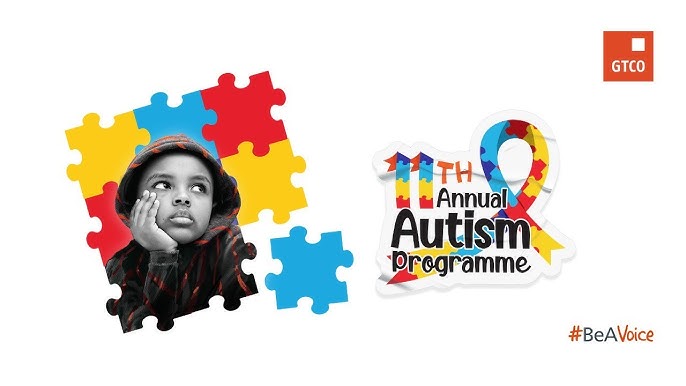Sometime around noon in April 2021, Salisu retreated under the shade of a mango tree to escape the scorching rays of the Sokoto sun. From a distance, he looked tired, worn. Closer, he looked starved, and his eyes nestled in their sockets, emitting a glow like dying embers.
Salisu does not know his age but his prepubescent frame detailed it between six and seven years old. The native of Zabarmawa has vague memory of home but he remembers how his parents dumped him in an Almajiri school. He is only opportune to go home during the Sallah festival.
“We are between 100 and 150 in the Almajiri school. And we recite the Quran every morning,” he said, adding that, “the Mallam doesn’t cook for us. My parents bring food, garri for me, at least every week, in a sack. We usually give it to Mallam. Sometimes, they will bring it together with pure water. I only go home during Sallah.”
Like Salisu, Adamu looked hungry. Light complexioned with a piercing look, the 13-year-old claimed his father is a farmer and his mother, a trader. He said he was dumped in the Almajiri system at age 10.
The native of Tuluwa, in Sokoto, claimed that he and his colleagues rely on begging to survive because their Mallam hardly gives them food. When they are not out begging, they fetch water for use by their Mallam’s household.
“During the rainy season, we used to go to our Mallam’s farm. Sometimes, the rule is that if you don’t go to the farm, you won’t be given food.”
Like Salisu, Abban looked hungry at first glance. Although he was much older and looked like he was in his early 20s, he persistently complained of hunger. This sounded odd given his age and the season: it was the Muslim Holy month of Ramadan and his lamentation elicited questions concerning his observance of the fast.
In response, he said he wasn’t fasting because he hadn’t taken predawn meal (sahur).
Abban disclosed that there are about 200 boys under the tutelage of his Mallam, including him, and they survive on handouts: the clothes they wear, food they eat are donations from private individuals and NGO









